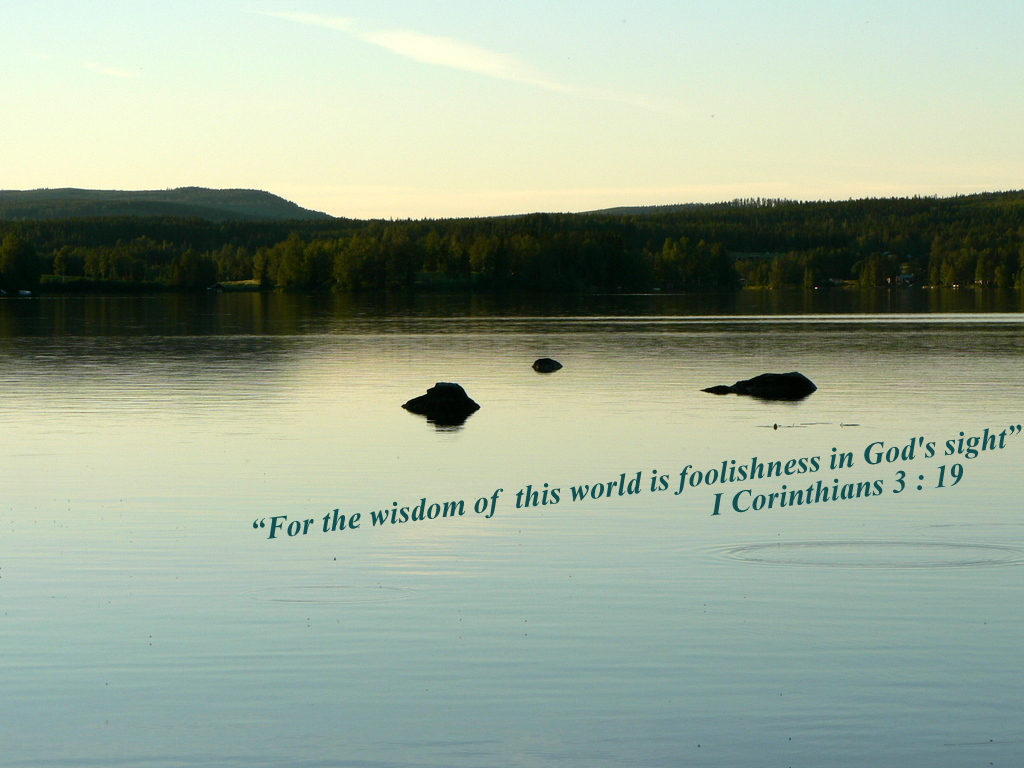There is in some parts of the church today a war on modern learning in any form that does not fit a narrow, hard right worldview. Those engaged in this battle often cite a number of biblical passages to justify their battle. There is, for example, Paul's statement in I Corinthians 3:18-19: "Do not deceive yourselves. If you think that you are wise in this age, you should become fools so that you may become wise. For the wisdom of this world is foolishness with God. For it is written, 'He catches the wise in their craftiness.'" (NRSV) On the face of it and reading these two verses out of context, it seems to be reasonable to argue that any form of modern learning, particularly science, is but human foolishness.
Read in context, a very different picture emerges. In I Corinthians 3, Paul addressed the factionalism that had emerged in the Christian community in Corinth. He was deeply concerned about the Corinthians because they were fighting over which teacher was most authoritative, Paul, Apollos, Peter, or even Jesus (see I Cor. 1:11-12). The wisdom of the world that Paul repeatedly attacked in I Corinthians was this desire to cling to a human teacher. It was behaving the way the larger world behaves by allowing factions to creep into the life of the church. It was vesting ultimate authority in fallible human leaders. Paul wrote, "So let no one boast about human leaders. For all things are yours, whether Paul or Apollos or Cephas or the world or life or death or the present or the future—all belong to you, and you belong to Christ, and Christ belongs to God." (3:21-23)
The human"wisdom" that concerned Paul was what we might call common sense, the everyday values by which we live almost unconsciously. In his day, it only made sense to the Corinthian Christians to choose one authoritative teacher so they could know what to believe and how to behave. His point was that in Christ they already had the wisdom they required, which wisdom came from God and not one of their teachers—including Paul himself (see 4:8-13). In other words, in our life of faith we should not put our ultimate trust in any teacher or prophet, and we should not allow ourselves to fight over them. In God's eyes, not one of them is wise. It is folly to become angry and arrogant over the teachings of one teacher versus another. That is the way the world behaves. What Paul really expected of the Corinthians was that they would not politicize their life of faith together as we humans are so prone to do. They had Christ. What more could they need?
My point isthat those who would use I Corinthians 3:18-19 and other comparable biblical passages to attack modern learning because it does not support their narrow interpretations of the Bible actually engage in precisely the behaviors Paul criticized in I Corinthians. It is their right to reject science, but verses such as these give them no biblical warrant to do so. And when they seek to divide churches and politicize denominations because of their adherence to a particular ideological line they do what Paul cautions us not to do. They make their beliefs ultimate in place of Christ.
